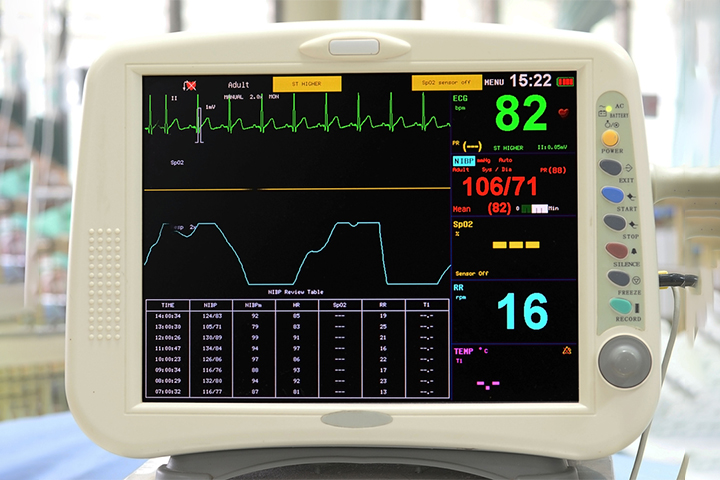The Scope of Biologics: What Are They?
Biologics are pharmaceuticals or drugs derived from blood, DNA, sugars, viruses, protein and other components of living biological creatures.
Lantus, Herceptin and Enbrel are popular drugs you have probably heard of before. However, most people do not realize that they all come from live cells. These expensive and delicately made pharmaceuticals are examples of medications made with active biological components known as biologics. This article provides some background information on biologics and explains why they are more important than you may realize.
They are efficacious medications that can get through little living components like proteins and DNA or larger masses like tissues and cells. Many biologics are also derived from bacteria.
Biological products often come as allergenics, vaccines, blood and blood components, gene therapies, and recombinant therapeutic proteins. They are separated from several natural sources, including humans, animals, and microorganisms, and can be manufactured using cutting-edge technologies. Gene-based and cellular biologics are frequent examples of biologics at the forefront of biomedical research. In addition, these products are often the go-to options when regular medications will not suffice.
They are used to prevent, manage and cure many medical diseases and are quite distinct from most pharmaceuticals on drugstore shelves. They go through a separate FDA clearance procedure; unlike regular drugs, they do not have generics. Biologics have some called biosimilars, which are extremely comparable and cheaper. Common examples of biologics are Lantus, Herceptin, Humira, Havastin and Botox.
Biologics and Regular Medications: What is the Difference?
Many pharmaceuticals in your medical cabinet, from allergy tablets to blood pressure meds, are classified as small molecule drugs. These drugs are essentially composed of chemicals available in numerous dose forms, such as capsules, liquids, and topical creams.

Source: Shutterstock
Biologics, on the other hand, are derived from live sources. Therefore, they are generally accessible in the form of injections and infusions. However, they are also occasionally available as an inhaled drug because of the difficulty involved in producing oral biological medications.
Asides from their different origins, they need significantly more effort to filter, process, and create by biologics development services. Furthermore, once these are developed, they become more unpredictable and often more temperature and light sensitive.
Furthermore, since they are more sophisticated than other pharmaceuticals, replicating them to create cheaper equivalents, known as biosimilars, is a more complicated procedure than producing generics. Due to their price, manufacturer payment cards and patient assistance programs may be available for certain prescriptions to help reduce the cost.
In a nutshell, they differ from chemically derived drugs in production, administration, cost, and clinical efficacy.
When Do Biologics Matter?
Biologics are often far bigger molecules than traditional medications, and their specific makeup is unclear in many circumstances. They are important when it comes to treating numerous common and unusual diseases such as cancer, autoimmune disorders, and many others. They take the shape of vaccinations, cells, tissues for transplant, gene therapies, and other treatments.
Botox, for example, prevents neurons and muscles from activating. It is also used to treat muscular spasms, overactive bladder, twitching eyelids, crossed eyes, and other unusual problems. Unfortunately, there is currently no Botox biosimilar available and it might take several years before one is approved.

Also Read: Neuromonitoring Devices
The Bottom Line
They are medications that come from living sources. They are more complicated than other medications and tend to be very expensive. However, if your doctor prescribes you a biologic, you can opt for less expensive versions in biosimilars.
Biological products often come as allergenics, vaccines, blood and blood components, gene therapies, and recombinant therapeutic proteins. They are separated from several natural sources, including humans, animals, and microorganisms, and can be manufactured using cutting-edge technologies. Gene-based and cellular biologics are frequent examples at the forefront of biomedical research. In addition, these products are often the go-to options when regular medications will not suffice.
Disclaimer: This post is for educational purpose.
Important to Read: Bad Blood Sugar


